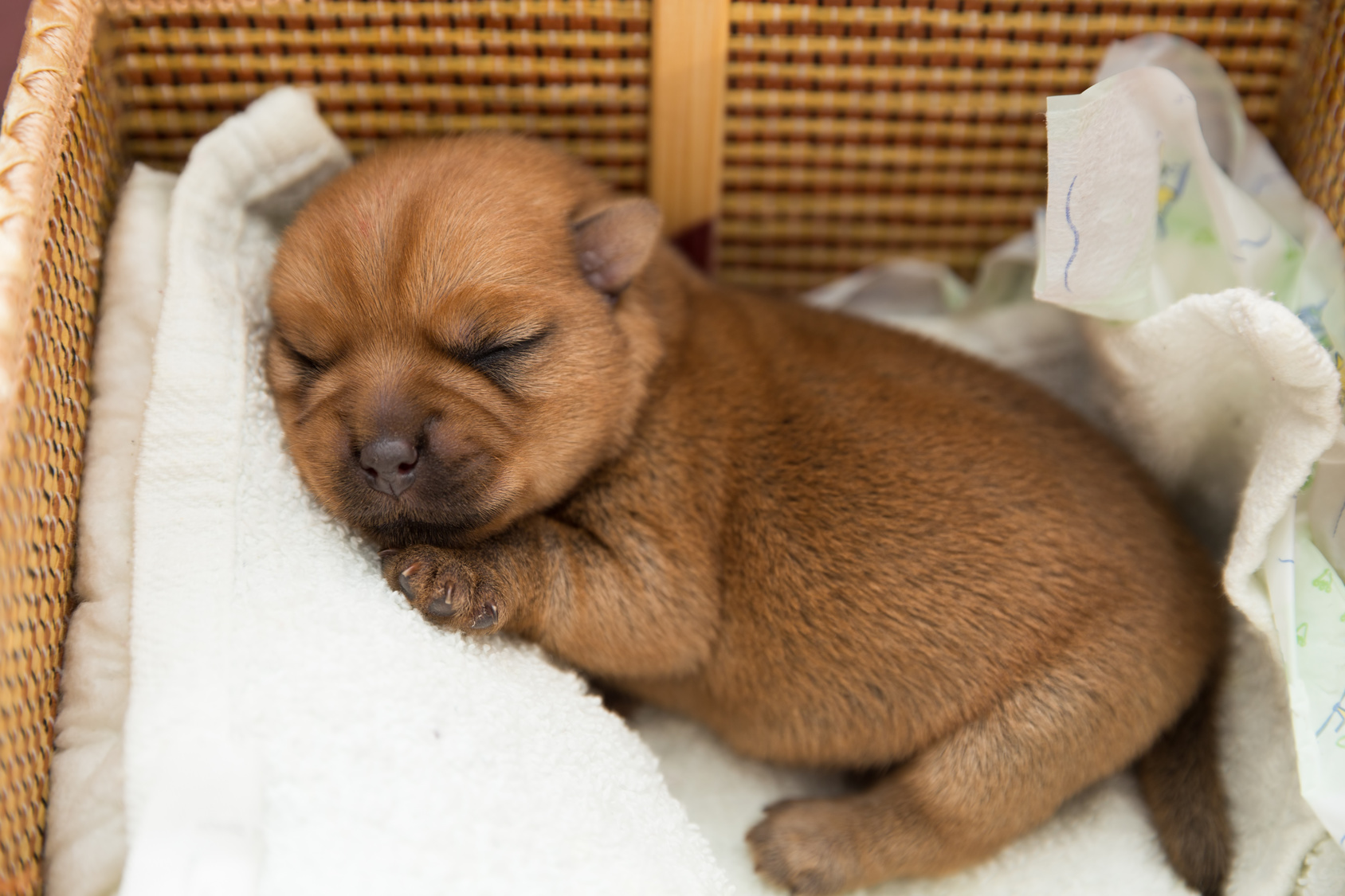How to Take Care of New Puppy

So you’ve finally decided to bring in a new family member in your house, a cute little puppy. Well congratulations and well chosen. But bringing in a nubile new puppy in is not that easy, let alone taking care of a puppy.
Puppies are among the cutest beings on Earth, and a treat to have as a companion in your house. Taking care of a puppy through proper parenting is essential in providing your puppy the best environment to thrive in. If you’re relatively new at this, we’ve got a few important pointers on puppy care basics to help you through.

How to start taking care of a puppy:
There are a few things you need to consider before you take home a puppy. You need to be thorough in choosing the puppy according to the climate in your area and if it can fit there. Another thing to consider is your house or apartment size, whether it is big enough for the size of puppy you’ve chosen. Before taking him home, make sure your house is puppy –proof, meaning there aren’t any breakable objects, toxic substances of electrical cords lying around that he can reach. Reserving a confined area for your puppy only is probably a good idea at this point as well.
-
How to Choose a good Veterinarian/vet
All hands down, the first thing you need to do is to visit a vet with your puppy. Not only will you get to checkup on your puppy’s initial health reports and if there’s any illness or birth defects, it is a fundamental step in puppy care basics.
Try and get the most out of your first visit with the vet, ask away anything you have in mind and clarify any confusions you may have. You can set up vaccination plans for you puppy and learn on different indicators of behavior from your pet as well.
2. Best Quality Food for Puppy:
One of the most important factors to take care of you puppy, and the part you can falter the easiest, is choosing the right food. You need to be careful with this selection as your puppy is very young at this point and hasn’t probably developed a diet routine yet. If the food packaging has the Association of American Feed Control Officials (AAFCO), then you are almost certain it will meet the nutritional requirements of your puppy. Most dog breeds can be transitioned to adult dog food within 12 months of age.Make sure to feed your puppy under 3 months at least 4 meals per day and with fresh water available at all times. There are quite a number of online vendors where you can buy items at reasonable and discounted prices.
$5 OFF SELECT NATURAL BALANCE DRY DOG FOOD
3.Develop a Potty Training Routine for Puppy:
This is probably the toughest part in puppy care basics. Taking care of a puppy is another thing, building an inherent habit of bathroom manners is a different ball game altogether. During initial vaccinations, it’s probably safe to find a remote spot outside, jut to avoid spread of any infection or disease.Take her out when you wake up or before going to bed, after any physical activity or lot of fluid intake. Pick up one common spot for all time and take her to the same spot to familiarize her with the place.Give positive reinforcement when the puppy excretes at the defined place, but be prepared for a number of accidents in the early stages. Remember, patience is the key here!
15% off K9 Advantix® II, Advantage® II & Seresto® collars PLUS buy 1, get 1 50% off K9 Advantix® II and Advantage®II 6 packs at PetSmart.com! Offer valid 2/29 - 4/3/16
4.Symptoms of Illness for Puppy:
Watch for signs of illness in the early months during puppy care like loss of appetite, vomiting, tiredness, coughing or poor weight gain. At early diagnosis, any permanent effect to the puppy’s health can be avoided
5.Show your Love to the puppy:
Puppies are like human babies, small and fragile. Handle them with soft hands, stroke your puppy s number of times on head, body and try to teach them to play with you at the early onset.
6.Provide him Maximum Protection:
Although collars and tags are a good way to secure your puppies in case of any mishap, the best and guaranteed practice is to have a microchip implanted in them. This chip has major data on the puppy’s owner so they can be traced if the puppy gets lost.
7.Socializing at the Right Time:
Puppies are their prime of learning to be social between 2-4 months. Use this period wisely. A better practice is to enroll them in a puppy preschool, where they are trained under supervision to socialize with other dogs.
PetSmart is having a National Puppy Day with these great Offers so do Check these out here
Recent Posts
-
 Is Bambu Lab Worth It for Small Business Owners? Best Alternatives to Bambu Lab for Professional Use
Is Bambu Lab Worth It for Small Business Owners? Best Alternatives to Bambu Lab for Professional Use
-
 Bambu Lab vs Prusa: Which 3D Printer Is Better for Small Businesses
Bambu Lab vs Prusa: Which 3D Printer Is Better for Small Businesses
-
_EBeEr09g2p.webp) Best Coupon Websites in the US That Actually Work (Verified & Updated)
Best Coupon Websites in the US That Actually Work (Verified & Updated)
-
 Gift Guide for her: Trending Products
Gift Guide for her: Trending Products
-
 RingConn Promo Codes: Where to Find the Best Limited-Time Offers
RingConn Promo Codes: Where to Find the Best Limited-Time Offers
Categories
- Back To School Deals
- Best 3D Printer for Small Business Owners
- Best Product Reviews
- Black Friday
- Budgeting Tips
- Crafts
- Cyber Monday
- Fashion
- Fathers Day
- Food & Beverages
- Gifts & Flowers
- Halloween
- Health & Fitness
- Hobbies and Crafts
- Home & Garden
- Mothers Day
- Parenting & Family
- Pets
- Seasonal & Holidays
- Technology and Gadgets
- Tips & Tricks
- Travel and Leisure
- VPNs Services
- Women Fashion
- Women’s Apparel and Clothing
